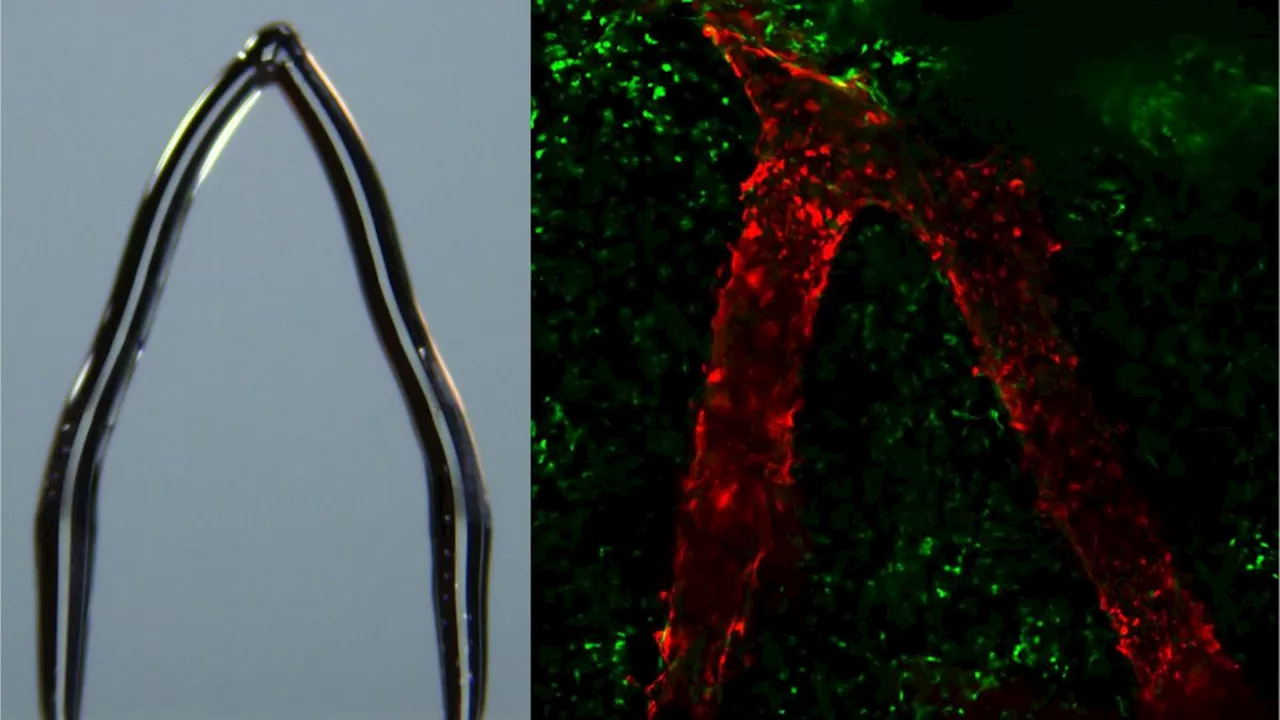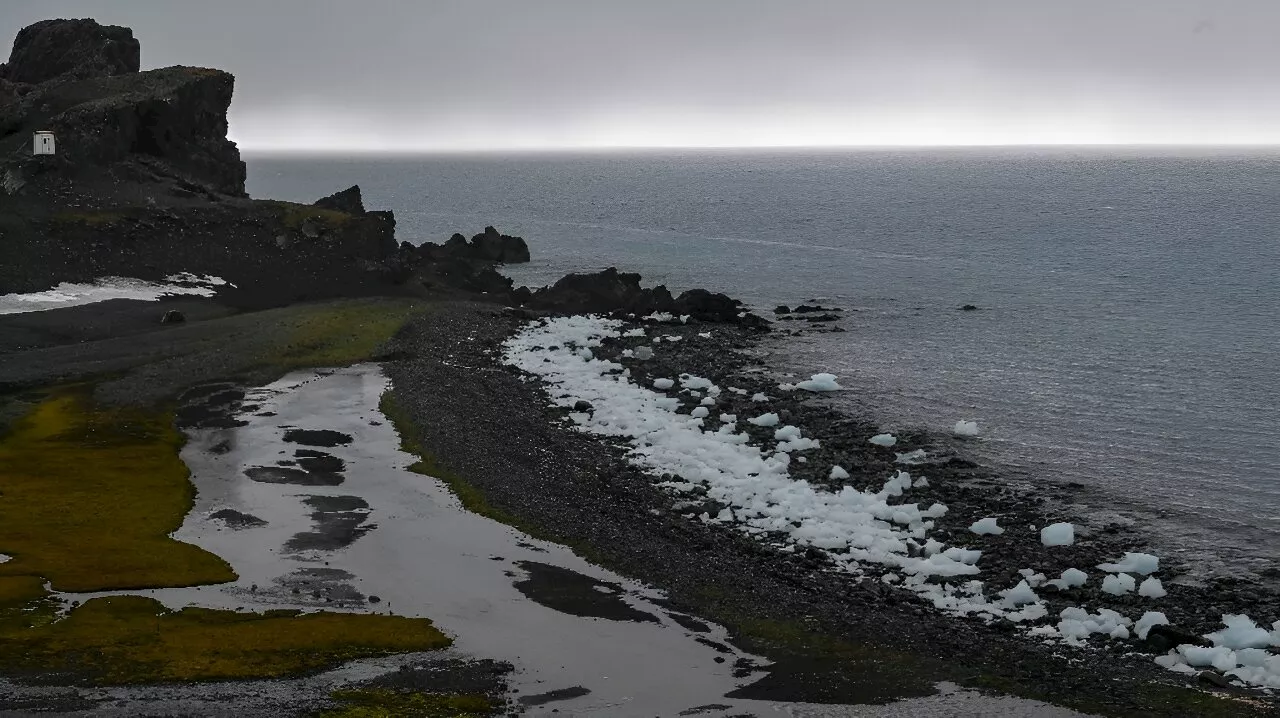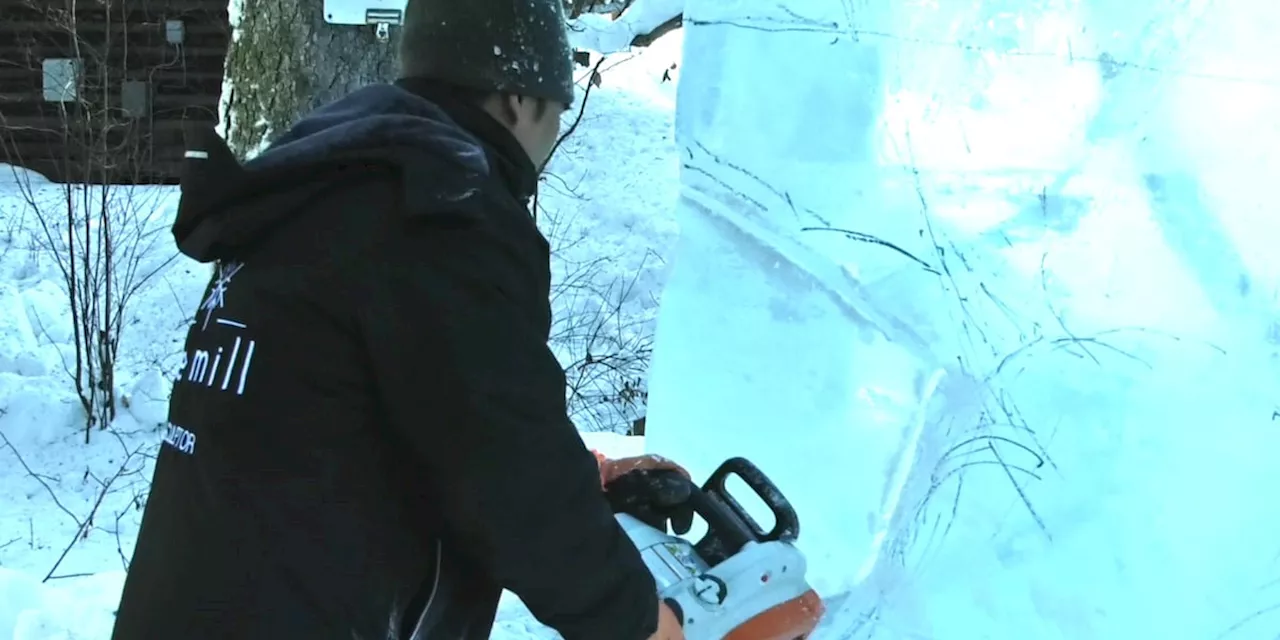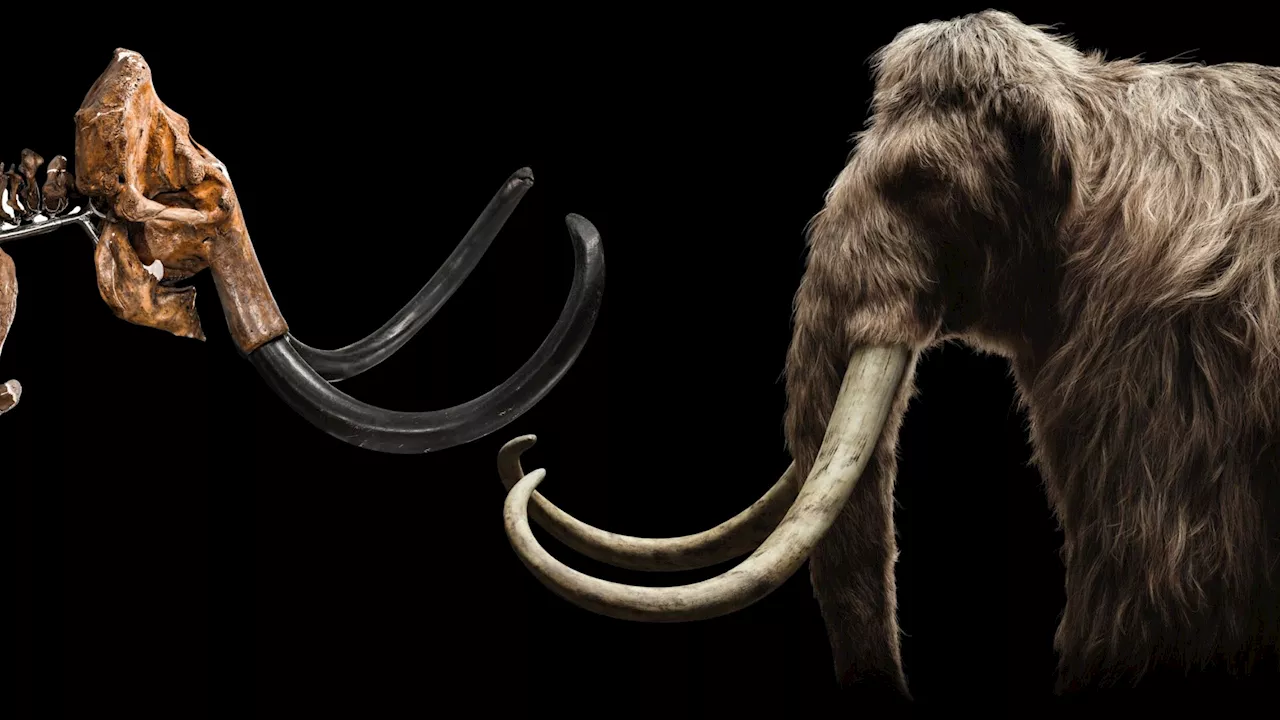Scientists aim to create a close relative by genetically modifying Asian elephants to survive in the Arctic environment.
Colossal BiosciencesDNA but to create a close relative – an Asian elephant with the genetic modifications needed to survive in the harsh Arctic environment.
The road ahead is long, but Colossal has announced a groundbreaking achievement – scientists have coaxed Asian elephant cells into an embryonic-like state. This means they can eventually develop into any cell type needed, opening a path toward creating elephant sperm and eggs in the laboratory. The key? These results hinge on cells called induced pluripotent stem cells or iPSCs, reminiscent of a scene right out of Jurassic Park.
In 2006, the Japanese scientist Shinya Yamanaka showed that it was possible to revert mature cells to a pluripotent state. Yamanaka’s research was in mouse cells, but later scientists followed up by deriving iPSCs for many different species, including humans, horses, pigs, cattle, monkeys, and the northern white rhino – a functionally extinct subspecies with only two females remaining in the wild.
“Elephants are a very special species, and we have only just begun to scratch the surface of their fundamental biology,” shared Eriona Hysolli, Head of Biological Sciences at Colossal Biosciences.
United States Latest News, United States Headlines
Similar News:You can also read news stories similar to this one that we have collected from other news sources.
 Ice-free Arctic summers could happen as soon as this decade, scientists warnAccording to a chilling new study, we could be closer than anyone imagined to ice-free summers in the Arctic.
Ice-free Arctic summers could happen as soon as this decade, scientists warnAccording to a chilling new study, we could be closer than anyone imagined to ice-free summers in the Arctic.
Read more »
 Arctic could become 'ice-free' within a decadeWhile summer sea ice loss in the Arctic is inevitable, it can be reversed if the planet cools down, researchers say.
Arctic could become 'ice-free' within a decadeWhile summer sea ice loss in the Arctic is inevitable, it can be reversed if the planet cools down, researchers say.
Read more »
 'Ice printing' tiny sculptures could help scientists engineer blood vesselsNicoletta Lanese is the health channel editor at Live Science and was previously a news editor and staff writer at the site. She holds a graduate certificate in science communication from UC Santa Cruz and degrees in neuroscience and dance from the University of Florida.
'Ice printing' tiny sculptures could help scientists engineer blood vesselsNicoletta Lanese is the health channel editor at Live Science and was previously a news editor and staff writer at the site. She holds a graduate certificate in science communication from UC Santa Cruz and degrees in neuroscience and dance from the University of Florida.
Read more »
 'Very worried': Scientists fret as Antarctic sea ice dwindlesSea ice levels in Antarctica have registered historic lows for three consecutive years, portending grave consequences for life on Earth as we know it.
'Very worried': Scientists fret as Antarctic sea ice dwindlesSea ice levels in Antarctica have registered historic lows for three consecutive years, portending grave consequences for life on Earth as we know it.
Read more »
 Ice Alaska competitions beginArtists take their tools to the ice for the World Ice Art Championships.
Ice Alaska competitions beginArtists take their tools to the ice for the World Ice Art Championships.
Read more »
 Polar bear sleeping on tiny iceberg drifting in Arctic sea captured in heartbreaking photoSascha is a U.K.-based trainee staff writer at Live Science. She holds a bachelor’s degree in biology from the University of Southampton in England and a master’s degree in science communication from Imperial College London. Her work has appeared in The Guardian and the health website Zoe.
Polar bear sleeping on tiny iceberg drifting in Arctic sea captured in heartbreaking photoSascha is a U.K.-based trainee staff writer at Live Science. She holds a bachelor’s degree in biology from the University of Southampton in England and a master’s degree in science communication from Imperial College London. Her work has appeared in The Guardian and the health website Zoe.
Read more »
